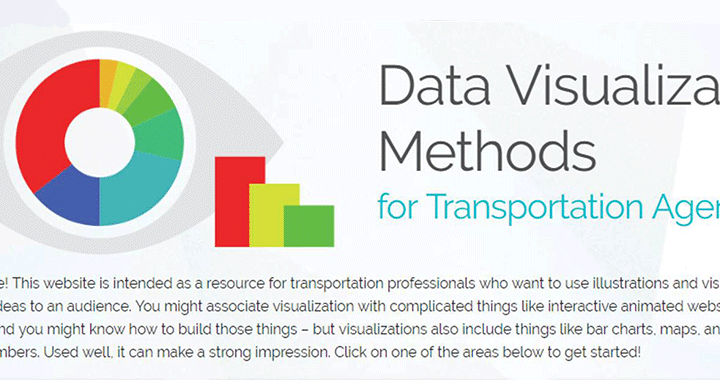
Through regular interaction, participants create a “tight, effective loop of insight, problem identification, learning, and knowledge production” (Burk, 2000 in Hammer 2008). Within these groups, trust develops so that information imparted by participating subject matter experts is considered trustworthy and valuable. This level of trust supports dissemination of information. Informal networks may function within an organization, but the formation of a CoP implies leadership support and acknowledgment of the value of the strategy.
COMMUNITIES OF PRACTICE
WHAT
- Sharing tacit knowledge to support problem solving and collaboration among participants in order to deepen knowledge and expertise.
WHY
- An efficient way to train employees that gives an opportunity for all attendees to benefit from questions asked and answered. The instructor can gauge the success of the knowledge transfer.
WHEN
- Organized around a profession, shared roles, and/or common issues
- May be formed within a unit, with individuals in different units, or with individuals in various organizations
- Whenever tacit information can be shared to improve individual knowledge and support organization goals
HOW
- Determine focus of the group
- Invite subject matter experts within the agency and in affiliate organizations.
- Determine how often to meet and how meeting will occur
PRACTICAL CONSIDERATIONS
- Leadership must sanction the concept of Communities of Practice
- Participation is voluntary
- Management should not be involved in the group
- Focus is on sharing information, rather than taking action
LINKS & RESOURCES
EXAMPLES


